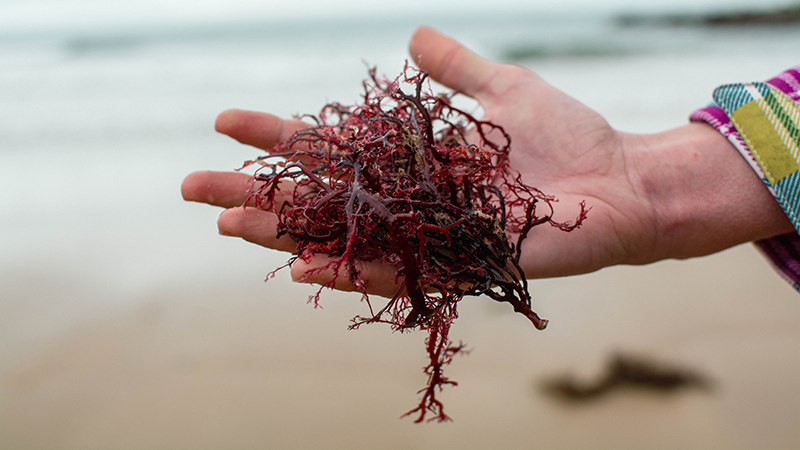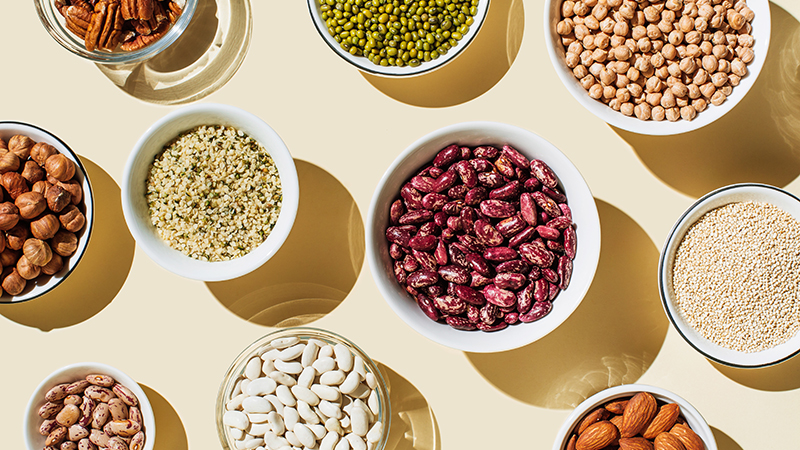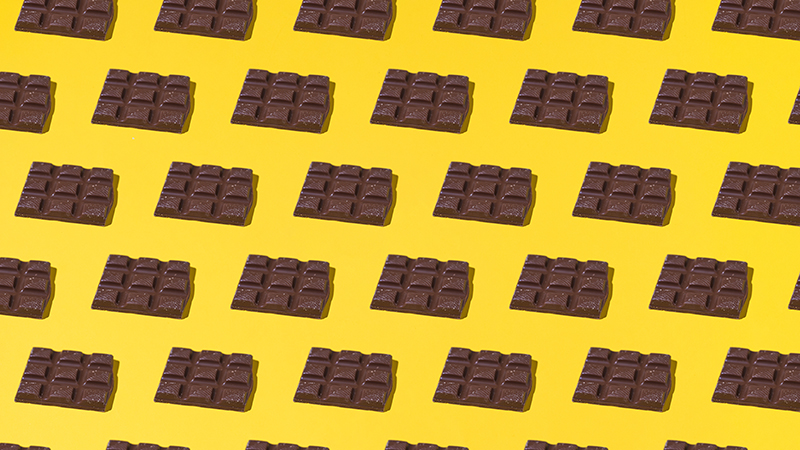Can You Increase Your Breast Milk Supply With Your Diet?
Eat Well for You and Your Little One
Updated August 2024
Eating well when you’re breastfeeding or pumping breast milk is just as important as getting proper nutrition during your pregnancy.
If you choose to feed breast milk to your child(ren), here’s what you need to know about your nutrition.
You need more calories.
There is no magic diet to improve your milk supply.— Ismely F. Minaya, MD
If you are feeding your child breast milk, you should not be eating fewer calories than you are burning every day. People assigned female at birth typically need 1,600 to 2,000 calories per day.
Most people need about 300 to 400 extra calories per day per child while breastfeeding.
“The postpartum period is usually full of joy at the birth of your new baby, but can also be fatiguing and stressful, which can take a toll on the body,” says Ismely F. Minaya, MD, an OB-GYN physician at Northwestern Medicine. “Ensuring that you are getting enough food to support your needs as well as your baby’s needs becomes even more important when breastfeeding.”
Ensure that these extra calories are beneficial for you and your baby by selecting nutrient-rich foods that are high in vitamins, minerals and macronutrients, which will help you get enough energy. Proteins, healthy fats and complex carbohydrates will help you feel fuller longer, and they will help both you and your baby be as healthy as possible.
The best way to increase the quality and quantity of your breast milk supply is to eat well.
There are many supplements and foods that claim to help increase your breast milk supply. For example, many people claim that fenugreek, an herb in the clover family, will help increase your supply, but studies on this are limited and inconclusive.
“There is no magic diet to improve your milk supply or to make sure your baby is getting all of the nutrients they need," says Dr. Minaya. “All you need to do is eat a well-balanced diet and ensure that you are getting enough of the important macronutrients, vitamins and minerals.”
When breastfeeding, be sure to get enough of the following.
Protein: According to the Dietary Guidelines for Americans, people who are breastfeeding need about 5 to 7 ounces of protein per day, but this can vary depending on your weight and metabolism.
Good sources of protein:
- Lean meats, such as chicken, turkey and pork.
- Fish, but be cautious of how much mercury you consume. Here are guidelines from the U.S. Food and Drug Administration (FDA) on mercury, seafood and breastfeeding. It is best to eat fish from the "Best Choices" and "Good Choices" categories on this chart. The FDA recommends eating no more than two to three servings per week from the “Best Choices” list or only one serving per week from the “Good Choices” list.
- Yogurt, especially Greek yogurt, which is high in protein. Avoid yogurt with added sugar.
- Nut and nut products.
- Legumes, beans and whole grains.
- Eggs.
Omega-3 fatty acid: Especially docosahexaenoic acid (DHA), an omega-3 fatty acid shown to support infant vision and brain development.
Good sources of omega-3:
- Low-mercury fish, like salmon and sardines
- Flax seeds
- Chia seeds
Calcium: People who are breastfeeding need the same amount of calcium as non-lactating people, which is about 1,000 milligrams (mg) per day (1,300 mg per day if they are under 18). You should try to get this from dietary sources if possible. While breastfeeding can temporarily lead to loss of bone density, this has been shown to be fully reversible after weaning.
Good sources of calcium:
- Dairy products
- Produce, including collard greens, kale and broccoli
- Some seafood, like shrimp
Iron: Iron is your first line of defense against fatigue while breastfeeding. You need 9 mg of iron per day while breastfeeding. Some people may require more than this, especially if they have been diagnosed with anemia in the past or had heavy bleeding during delivery.
Good sources of iron:
- Lean meat and seafood
- Nuts and seeds
- Fortified grains
Folic acid/folate: People who are breastfeeding should continue to consume at least 400 micrograms of folic acid every day for their health, continued normal development of their baby and the health of future babies. This can usually be found in prenatal vitamins.
Good sources of folate:
- Beef liver
- Green leafy vegetables, like spinach
- Citrus fruits
- Foods fortified with folic acid
“In addition to eating a well-balanced diet, most people who are lactating benefit from continuing to take a prenatal vitamin or a multivitamin,” says Dr. Minaya.
Drink plenty of water.
Breast milk is more than 80% water. That’s why it’s important to stay hydrated during breastfeeding.
In general, drink to quench thirst. Watch for signs of dehydration, like concentrated urine or constipation.
Limit caffeine and alcohol.
If you choose to consume either, follow these guidelines to keep your breast milk safe for your baby.
Caffeine: Keep caffeine consumption to less than 300 mg per day.
“Most people can drink up to three cups of coffee per day while breastfeeding,” says Dr. Minaya, “but make sure you monitor your baby for fussiness, irritability and inability to sleep, as some babies are more sensitive than others to small amounts of caffeine.”
Preterm infants or infants with other health conditions may be more sensitive to caffeine in breast milk.
Alcohol: You cannot “pump and dump” the alcohol out of your milk. It will clear at the same rate it clears from your blood. If you feel sober, you are likely safe to breastfeed.
The best time to have a drink is during or immediately after breastfeeding since it takes time for the alcohol to reach the breast milk. This will give the most time for the alcohol to clear before your next feeding. If you are intoxicated, it is not safe to breastfeed your baby.
Note: Premature babies and newborns require a more conservative approach because they may not metabolize medication and alcohol as effectively as healthy older infants. If your child consumes alcohol-tainted breast milk frequently, they may experience developmental delays, sleep pattern interruptions and other health issues.
Remember: Breastfeeding fuels your child but can be fatiguing for you. Keep your child and yourself safe with proper nutrition during this time. Consult your physician with specific questions about what to eat and what to avoid while breastfeeding.






